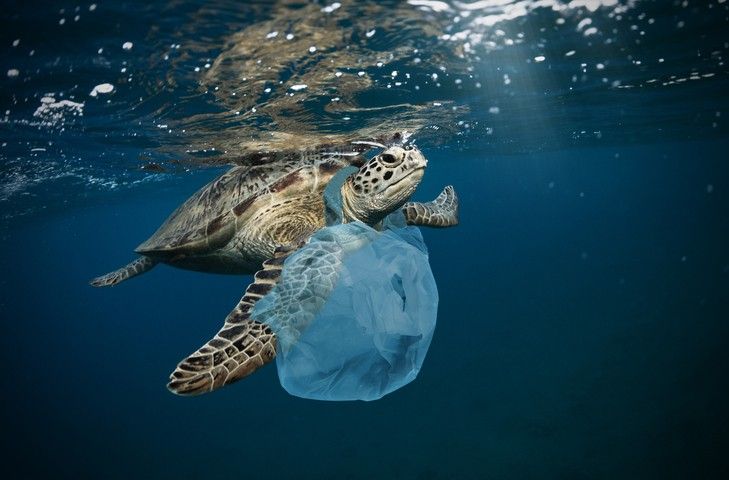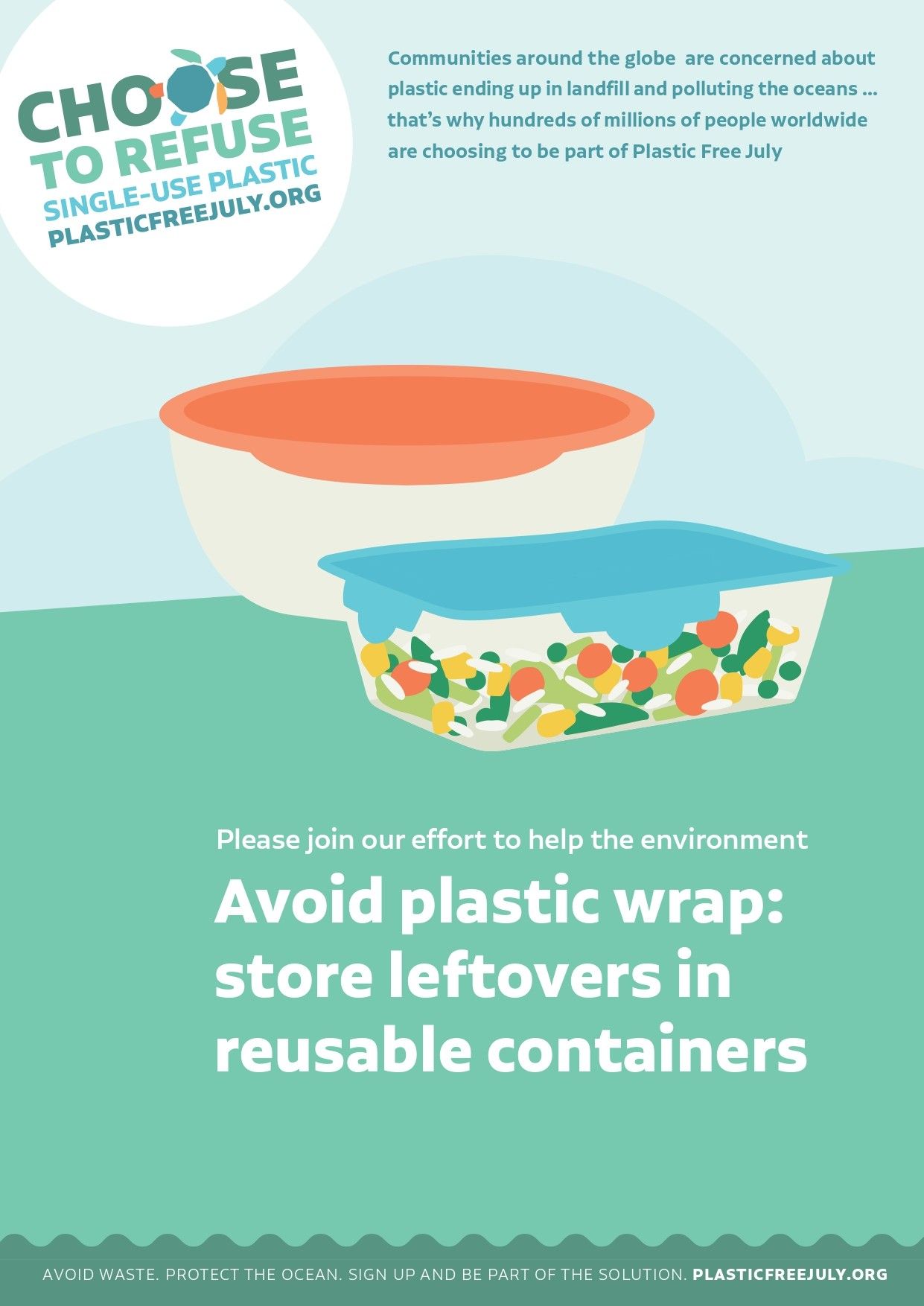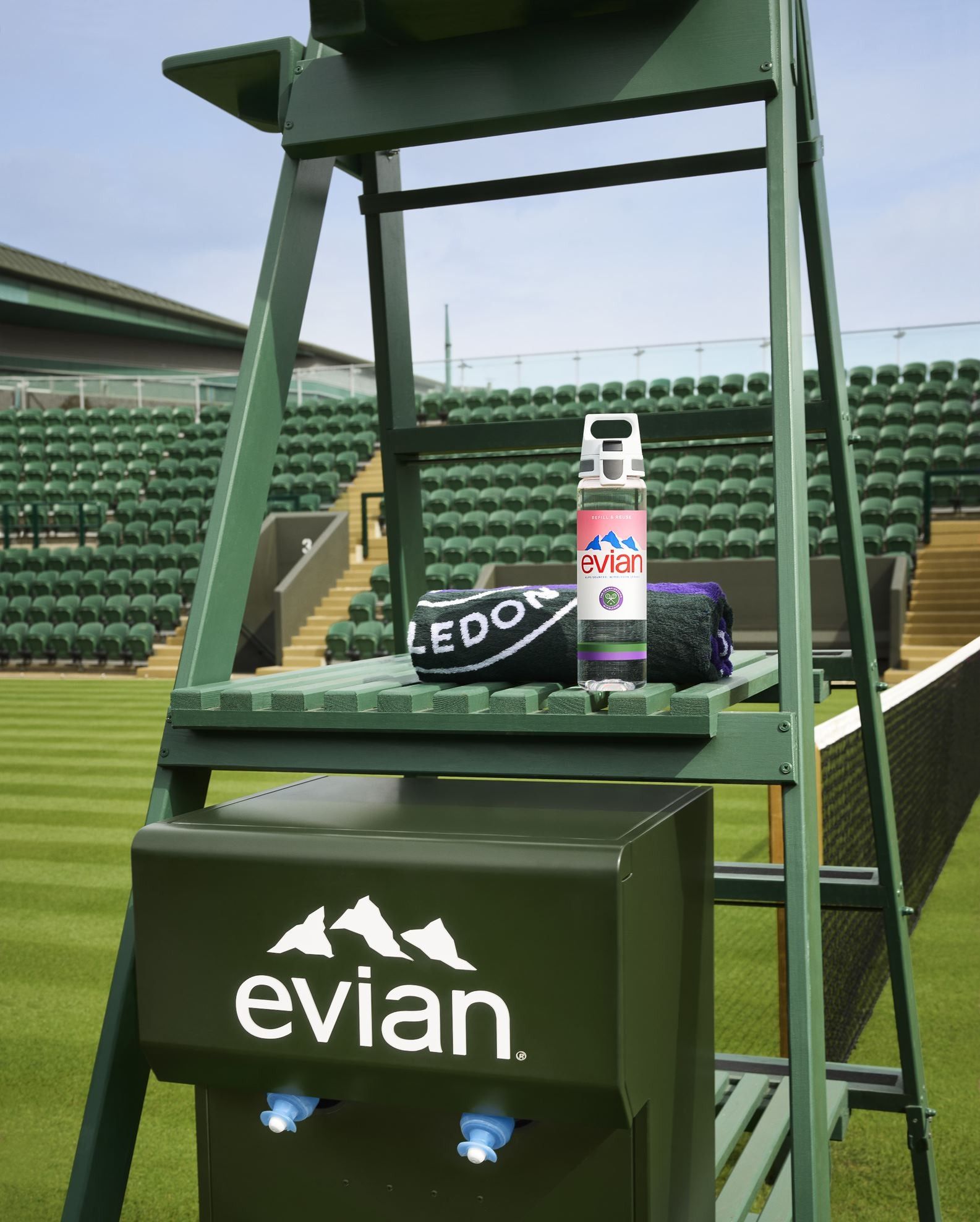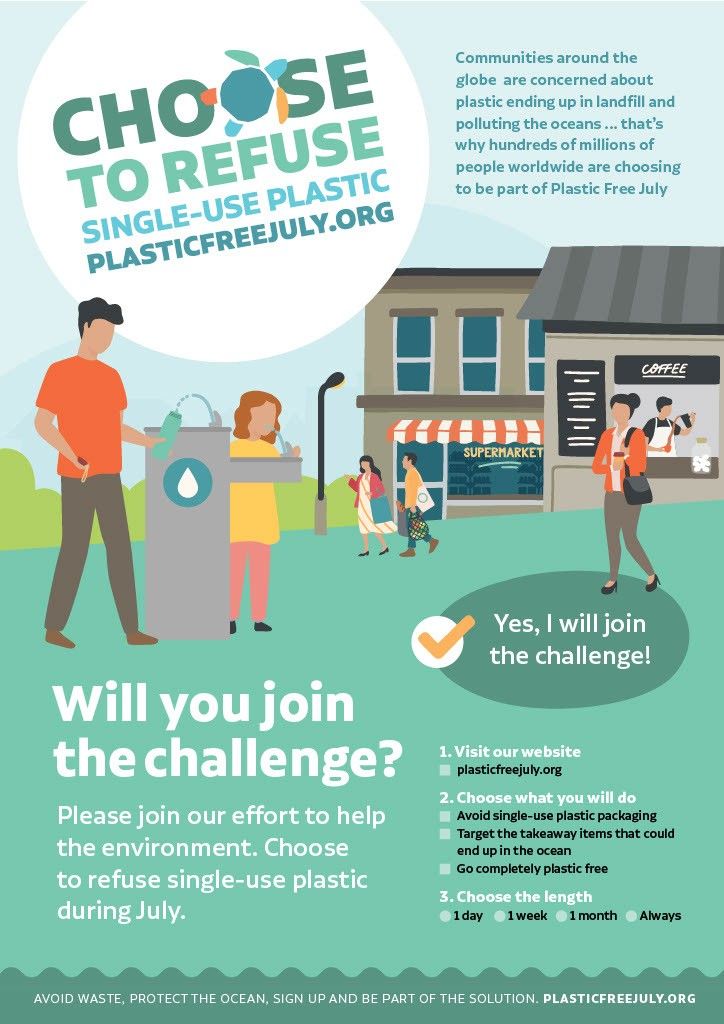The convenience channel has undergone a real transformation in recent years as suppliers and retailers have worked hard together to reduce the footprint of waste, communicating it to their customers, who have been encouraged to buy goods in recyclable packaging, carrying them home in re0usable containers.
And on a global scale, the movement to make sure we only use what we need, and recycle everything we can, received a huge boost as far back as 2011, when the first Plastic Free July was organized.
The idea behind designating a day, week or month to a particular cause or subject works well because it enables groups with a shared interest to come together under a unifying administration that can organize events and bid branding that can bring the matter to public attention in the most effective manner.
Sometimes the cause is commercial – we have just experienced British Pea Week, in case you missed it, and Friday 7 July is World Chocolate Day – and sometimes the issue is one that concerns humanity on a smaller scale (July 10 is Don’t Step on a Bee Day) or on a bigger one –World Population Day 2023 on July 11.
 This month’s Plastic Free July is one of the biggest and is being observed globally, with a big impetus coming from the parent organisation headquartered in Australia, where there’s a lot of surrounding ocean to get clogged up with old bottles and turtles to get throttled by beer rings.
This month’s Plastic Free July is one of the biggest and is being observed globally, with a big impetus coming from the parent organisation headquartered in Australia, where there’s a lot of surrounding ocean to get clogged up with old bottles and turtles to get throttled by beer rings.
In the twelve years since its inception, Plastic Free July has grown exponentially, so that in 2023 it is estimated that around 120 million people in 177 countries will become involved in some way.
The movement campaigns on an individual and local level, but also for corporate and government-level change, by seeking to guide the way companies do business and through lobbying to influence national and supra-national legislation.
 On a level where retailers and shoppers can become engaged, Plastic-free July attempts to inspire people to consider their plastic usage and make small changes in how they make purchases – and consume – and throw away and recycle – to help to reduce the impact of plastic pollution on our planet.
On a level where retailers and shoppers can become engaged, Plastic-free July attempts to inspire people to consider their plastic usage and make small changes in how they make purchases – and consume – and throw away and recycle – to help to reduce the impact of plastic pollution on our planet.
The fact that plastics do not rot but remain in landfill or the sea for decades needs constant repetition, as does the scourge of microplastics that are slowly seeping into our bloodstreams and organs and silting up the oceans with invisible toxicity. Raising awareness is vital because almost nobody actually wants to contribute to the damage that plastic can do to the environment – it’s that either they don’t know, or they can easily forget.
That means raising awareness and consciousness is literally half the battle.
With something like 400 million tonnes of plastics of various types being produced annually worldwide, it is projected that by 2050 plastic could outweigh the living biomass (fish, crustaceans and mammals) of the world’s oceans – a delicate balance will be tipped in favour of pollution and the death of nature.
But the purpose of Plastic Free July is not to dwell on the horrors of pollution. Instead it wants to inspire people to do something practical about the problem – chiefly by folk deducting disposable plastics from their lives wherever possible (plastics can sometimes be a utile and worthy long-lasting material when used sensibly in production of durable goods).
Do your bit
Right now only about 10 per cent of plastic is recycled, although the pace of development in technology, including biodegradable plastics, is making the process easier all the time.
To help that process along, it is important to communicate all the small, daily ways that we can contribute to lessening the use and impact of plastics – from reusing shopping bags to patronizing “filling stations” for foodstuffs that are increasingly becoming visible in convenience stores, and by cutting down on wasteful packaging (see the interview with our 2022 Asian Trader Bakery Retailer of the Year award-winners in this July issue).
 Corporate consciousness is expanding, and UK supermarkets such as Iceland and Waitrose have pledged to go plastic-free or wholly recyclable by the year’s end – at least on their own-label products (we will be watching!).
Corporate consciousness is expanding, and UK supermarkets such as Iceland and Waitrose have pledged to go plastic-free or wholly recyclable by the year’s end – at least on their own-label products (we will be watching!).
Matt Hood, MD Co-op, said: “We have been at the forefront of eradicating unnecessary plastic, so it is encouraging to see this ban being introduced and we have already removed plastic cutlery from our food to go, offering wooden forks instead. We were the first retailer to ensure all of our own brand food and drink packaging is 100 per cent recyclable through our in-store soft plastic recycling scheme, with all the soft plastics returned being processed in the UK.”
In the convenience channel, there is greater scope for personal autonomy in the effort to get rid of plastics, and here is a list of ways that you personally can make a great contribution that will add up to a massive effect:
-
- Bring your own forever bags when you go shopping. This is one of the easiest things to do. The plastic bag surcharge (a 5p single-use charge was introduced in 2021and later increased to 10p) has been a wonderful success and changed the way that people go about shopping – in Denmark shops do not even supply carrier bags any longer: it’s either bring your own or juggle your groceries on the way home.
- Cardboard or metal straws. Straws are a major source of plastic pollution, but we are quickly becoming accustomed to (much improved) paper ones that don’t go soggy and stick together after the first sip.
- Fill your water bottle. Instead of buying bottled water, invest in a reusable bottle that you can refill during the day. It is noteworthy that evian is showcasing its new refillable water system right now at Wimbledon.
- Don’t put up with single-use (plastic) food containers. Convenience stores are dominating the food-to-go landscape, but if they can fill up customers’ Tupperware, or at least supply paper containers, the battle is being won! When was the last time you saw a plastic coffee cup?
- Search out zero waste brands and skus. Call out products that look green and recyclable but then have internal packaging you can’t compost or reuse. Look closely at the symbols on the packs to make sure they really are recyclable and not just “will be one day”.
- Swap liquid soap for bar soap – just like the old days! Traditional soap comes wrapped in paper, not in plastic bottles with nozzles and metal springs (and traditional soap lasts longer too).
- Compost food scraps. Use your little waste food cassette lined with a biodegradable food bag and don’t tip organic waste in the normal bin! Every little bit helps, and it means less waste from inorganic rubbish, as well as making people think about how they dispose of stuff – which in turn will help to minimise plastics use.
- Recycle everything you can. It doesn’t just have to be plastic – all sorts of materials can be given a second or third life, and the habits of material husbandry and green thinking will all help reduce the plastics pile and encourage producers to seek alternatives to indestructible packaging. It’s about spreading the no-waste culture!
Ban it and bin it
 All this will be helped by the fact that a range of polluting single-use plastics will be banned from October this year following a Government’s consultation that concluded back in January.
All this will be helped by the fact that a range of polluting single-use plastics will be banned from October this year following a Government’s consultation that concluded back in January.
The ban will include single-use plastic plates, trays, bowls, cutlery, balloon sticks, and certain types of polystyrene cups and food containers.
According to estimates, England alone uses 2.7 billion items of single-use cutlery – most of which are plastic (although we have noticed an influx of bamboo items recently) – and 721 million single-use plates per year, and typically just only 10per cent of it is recycled. “If 2.7 billion pieces of cutlery were lined up they would go round the world over eight and a half times”, the Department for Environment, Food & Rural Affairs pointed out – although we don’t know if they personally tested the proposition.
From October, people won’t be able to buy these products from any business including retailers, takeaways, food vendors and hospitality. The Government claims that more 95 per cent of those who responded to its consultation were in favour of the bans – which is far more agreement than on any other subject in British public life right now..
“We all know the absolutely devastating impacts that plastic can have on our environment and wildlife. We have listened to the public and these new single-use plastics bans will continue our vital work to protect the environment for future generations,” said Environment Secretary Thérèse Coffey. “I am proud of our efforts in this area: we have banned microbeads, restricted the use of straws, stirrers and cotton buds and our carrier bag charge has successfully cut sales by over 97 per cent in the main supermarkets.”
It is hoped that the new ban will have a significant impact – for example, plastic cutlery was among the 15 most-littered items in the country by count in 2020.
Another piece of good news is that the UN has also settled on a plastic pollution treaty, introducing rules around plastic production law by 2024. This could potentially reduce the amount of plastic being tipped into the oceans by more than 80 per cent by 2040.
But in the meantime, simply making small changes, ordinary consumers – not just green campaigners – can make an important difference to plastic pollution levels. Why not start by taking these practical measures:
- Sign up for the Plastic Free July challenge (https://www.plasticfreejuly.org/take-the-challenge/) This will give you access to resources and support to help you reduce your plastic consumption.
- Spread the word about Plastic Free July. Talk to your friends, family, and neighbours about the importance of reducing plastic pollution.
- Find an event near you – get involved and have fun (https://www.plasticfreejuly.org/get-involved/find-events-near-you/)
For more information:
- Plastic Free July website: https://www.plasticfreejuly.org/
- Plastic Free July Facebook page: https://www.facebook.com/plasticfreejuly/
- Plastic Free July Twitter: https://twitter.com/plasticfreejuly
- Plastic Free July Instagram: https://www.instagram.com/plasticfreejuly/








 To use this website you must be aged 18 years or over. Please verify your age before entering the site.
To use this website you must be aged 18 years or over. Please verify your age before entering the site.










